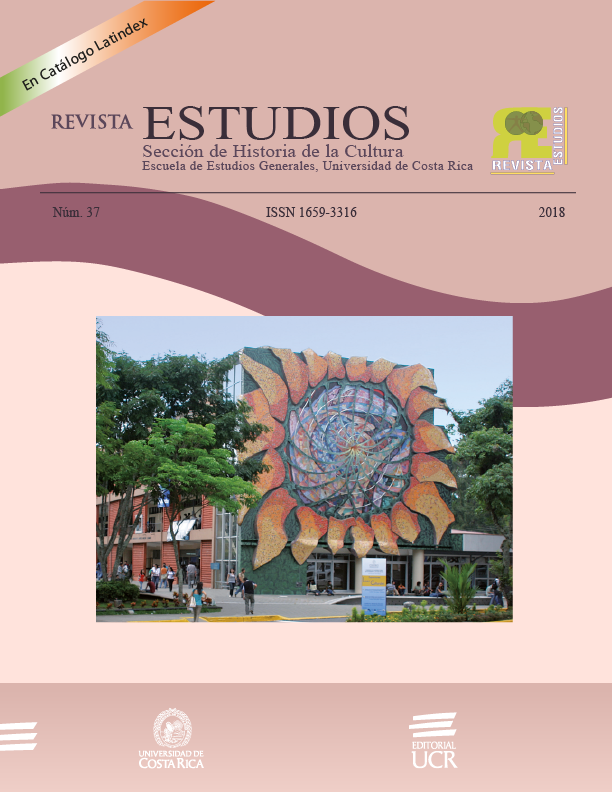Abstract
Fear, like a control mechanism for controlling the will of the people, is an application of the political theory of Machiavelli, The Prince, to understand the reality of El Salvador. The role of fear in the application of government politics for the Salvadoran society, of the 80s, was decisive to govern based in the control the will of the people and the influence of a passion. The level of importance was decisive, especially when it was carried out as a result of the civil war that takes place, in which a big group of the civil population fights. Rape of women and murder of male, boss of home, were configured as two mechanisms used by Salvadoran State entities for the implementation of fear in 80s in El Salvador.
References
Aveledo, R. G. (2013). La Política del Miedo. y sus tramas, 15.
Ayala, R. J. La cultura y el miedo; la violencia y la dominación. Consejo Editorial.
Béjar, H. (1991). La sociología de Norbert Elías: las cadenas del miedo. Reis, 61-82.
Jaef, J. F. (2014). La violencia como factor decisivo de la política: una reflexión desde El Príncipe de Nicolás Maquiavelo. Temas y Debates, (27), 125-135.
Lungo U., M. (1990). El Salvador en los 80: Contrainsurgencia y Revolución. FLACSO, Editorial Universitaria Centroamericana.
Maquiavelo, N. (1993). El Príncipe. México: Editorial Porrúa.
Marina, J. A. (2006). Anatomía del miedo. Barcelona: Anagrama.
Pais, M. Seminario de Investigación: las guerras contemporáneas. Recuperado de http://www. rebelion. org/docs/154481. pdf.
Sánchez-Parga, J. (2005). Poder y política en Maquiavelo. Homo Sapiens.


